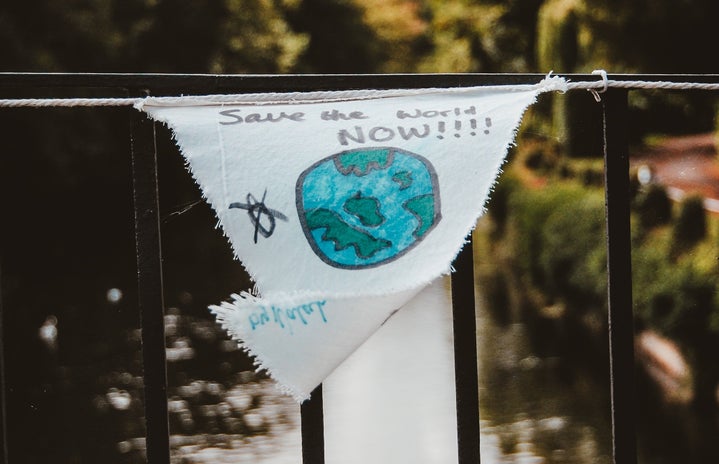Written by Shauna Power
On the 31st of January, the UK officially left the European Union, after 47 years of membership. The countdown has started for the negotiations surrounding the changes that Brexit will bring: new arrangements for trade, customs, travel and regulations between the UK and the rest of the world.
The UK and the EU are now in a transitional period that will last until December 31st 2020. According to the European Union, this period may be extended to December 31st 2021 or 31st December 2022 if the UK requests an extension before June 30th 2020. This is to ensure that both sides agree to a new and fair partnership for the future.
‘‘Of course it doesn’t end there (January 31st), that’s the beginning of what’s really going to happen,” said MEP Seán Kelly speaking from the European Parliament in Strasbourg.
‘‘At least there’s finality one way or another and there will be finality if Johnson has his way at the end of this year, but I’m sure that’s not possible’’ said Kelly.
As it stands, Britain will no longer take part in the EU decision-making process, ministers will not attend EU summits unless invited, Britain’s 73 MEPs will no longer sit in the European Parliament, and its’ finance ministry must settle its ‘divorce bill’.
However, during the transitional period, EU rules and regulations still apply to the UK meaning they will remain in the EU Customs Union and the Single Market. They also remain bound by obligations stemming from all EU international agreements.
At the moment, the main change is that Britain are unable to revoke Article 50 and they are no longer a member of the EU unless they apply to re-join.
But what does the Withdrawal Agreement mean for Ireland?
The Withdrawal Agreement includes a protocol on Ireland and Northern Ireland that’s designed to prevent a hard border on the island. This will come into effect at the end of the transitional period.
The protocol is a complex but functional system that allows Northern Ireland to remain in the UK customs territory and at the same time, benefit from access to the Single Market.
EU Chief Negotiator Michel Barnier pointed out during a speech at Queen’s University Belfast, in January 2020, that the UK’s decision to leave the Single Market and the Customs Union makes frictionless trade impossible’’.
That means checks on food products and live animals have to be carried out and the EU needs to be able to assess risks on any product coming into their market.
In order to avoid a hard border, these checks will take place at Northern Ireland’s entry points away from the island’s land border while risk controls, if required, may be carried out in Dublin and other EU entry points.
All checks on goods entering Northern Ireland from the rest of the UK will be carried out by UK authorities with appropriate supervisory and enforcement mechanisms for the EU.
Barnier described the Protocol as ‘‘a workable system, built to last’’.
The Protocol contains other provisions that protect unique circumstances in Ireland such as the continuation of the Common Travel Area between Ireland and the UK.
It also allows for crucial North-South cooperation in areas such as agriculture, transport, education, tourism and the Single Electricity Market is also preserved.
The PEACE funding programme that supports peace and reconciliation and promote economic and social progress in Northern Ireland and the Border Region of Ireland will also continue.
While Northern Ireland will no longer be part of the EU, its people who chose to be Irish citizens will still be EU citizens. That means they can continue to move and live freely within the EU and the UK has committed to upholding their rights.
The rights of Irish citizens to live, work and access public services in the UK are protected under the common Travel Area arrangement.
Although negotiations seem to be headed in the right direction, MEP Kelly advised there is still the possibility of a hard Brexit depending on how talks progress.
‘‘The danger of putting an arbitrary ending to it is that it will be a botched job’’, said Kelly, ‘‘He (Boris Johnson) doesn’t want a botched job unless of course, he’s like some of his colleagues who just want to crash out and blame the European Parliament for it, there’s also that danger but we will see. We can’t do anything about that now.’’


